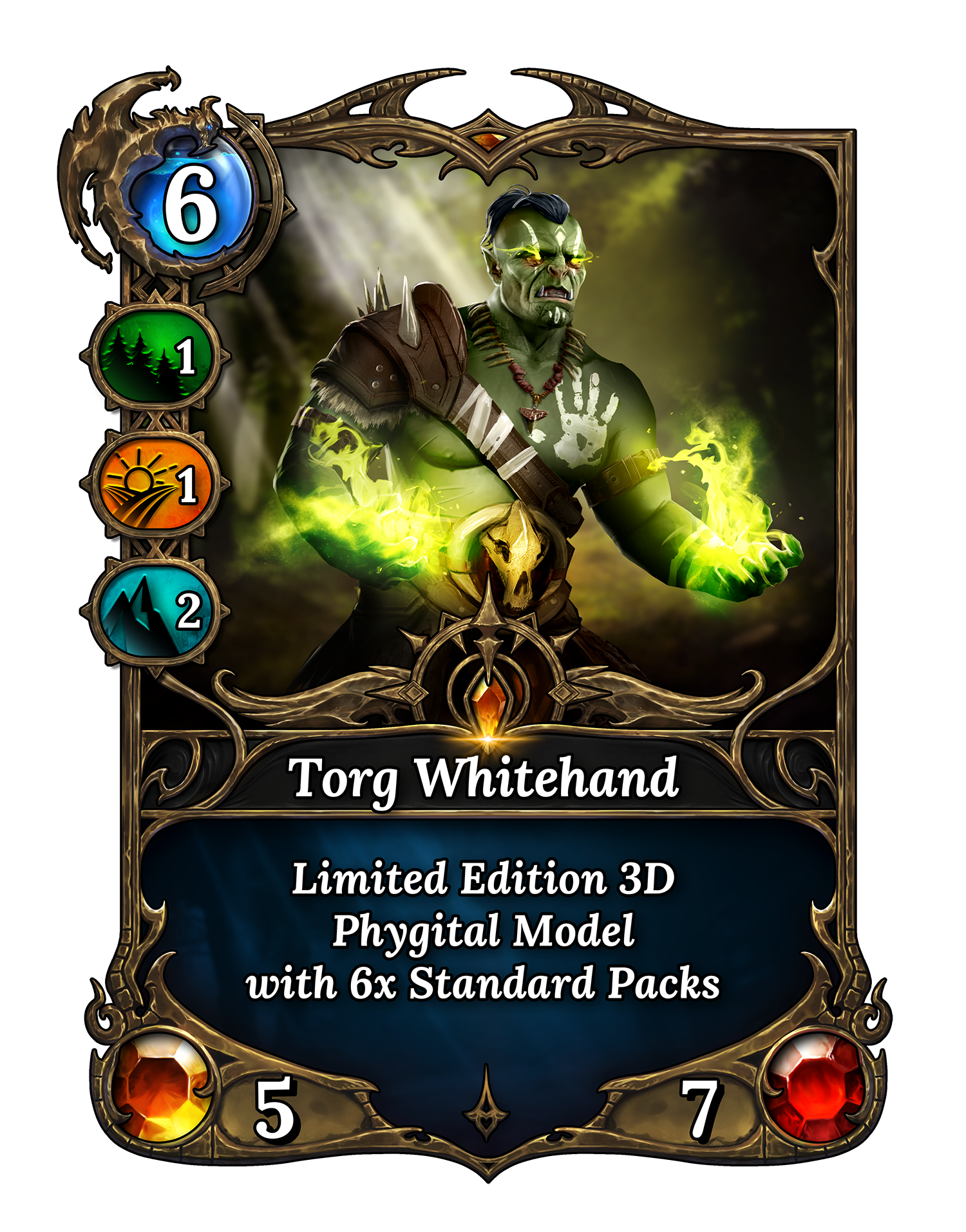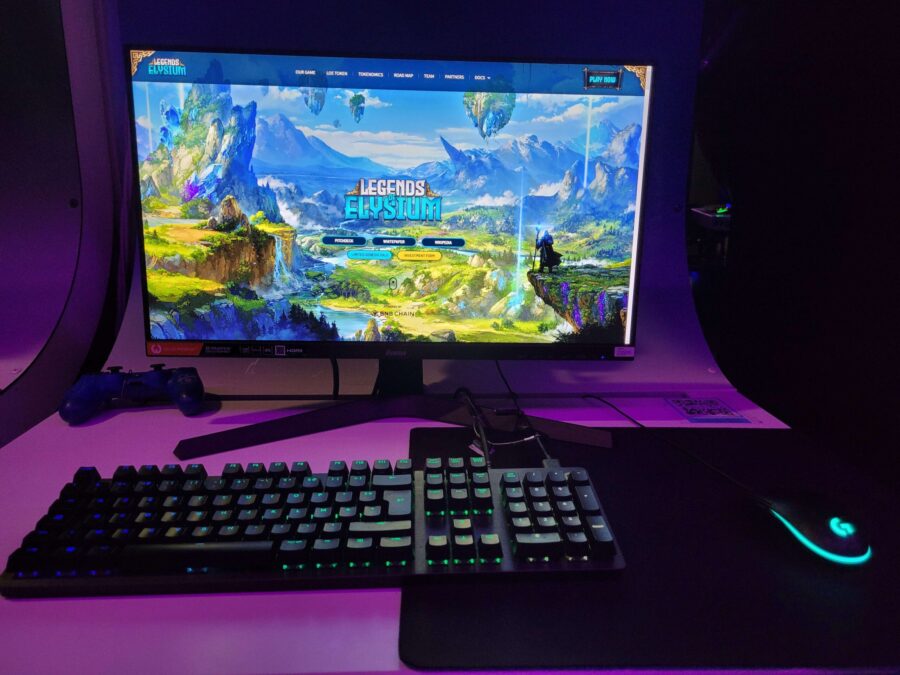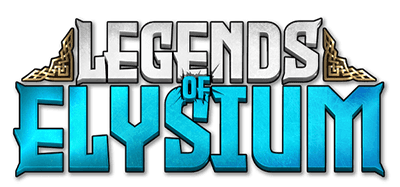The Future of Gaming: Metaverse, Web3 and Play-and-Earn Models
The gaming industry, a dynamic and ever-evolving sector, is currently experiencing a significant transformation. This transformation is being driven by the rapid advancements in technology and shifts in consumer behaviour. The emergence of the metaverse, Web3, and play-and-earn models are at the forefront of this revolution, redefining the gaming experience and creating new opportunities for players, developers, and investors alike.
The Metaverse: A New Frontier for Gaming

The concept of the metaverse has been gaining traction in recent years. The metaverse, a collective virtual shared space created by the convergence of virtually enhanced physical reality and physically persistent virtual reality, is becoming a new frontier for gaming. This digital universe, where countless real players can meet online in one virtual space, is creating a more immersive and interactive gaming experience.
In the metaverse, the boundaries between the physical and digital worlds blur, allowing players to interact with each other and the environment in ways that were previously unimaginable. This level of interactivity and immersion enhances the gaming experience, making it more engaging and enjoyable for players.
One game that exemplifies the potential of the metaverse is Legends of Elysium. This blockchain-based game aims to be a part of the metaverse where players can interact in a virtual space. In this space, players can explore new quests and experiances, build settlements, and engage in battles with other players.
Web3: The Decentralized Internet

Web3, or the decentralized internet, is another major trend shaping the future of gaming. Unlike the traditional internet (Web2), where applications run on a centralized server, Web3 allows for the creation of decentralized applications (dApps) that run on a network of computers. This decentralization ensures transparency and gives players full control over their in-game assets. Legends of Elysium, for instance, is built on the EVM compatible blockchain, a popular platform for developing dApps. The game uses Non-Fungible Tokens (NFTs) to represent in-game assets. NFTs are unique digital assets that can be owned and traded by players. All transactions and ownership of these assets are recorded on the blockchain, which is open for everyone to verify. This transparency eliminates the need for a central authority and reduces the risk of fraud. Moreover, the use of blockchain technology in gaming also addresses some of the limitations of traditional gaming. For instance, it eliminates the high fees and slow transaction times often associated with the traditional gaming industry. Legends of Elysium uses Layer-2 solutions to provide a smooth and efficient gaming experience, reducing the high fees and slow transaction times often associated with the Ethereum network.
Play-and-Earn: A New Business Model in Gaming

The play-an-earn model is a new business model in gaming that allows players to earn real-world value from their in-game activities. This model is gaining popularity, especially in blockchain-based games. In a play-and-earn game, players can earn rewards in the form of digital assets that can be traded for real-world currency. In Legends of Elysium, players can truly own their in-game items and even trade them on various marketplaces, creating opportunities to earn. This not only enhances the gaming experience but also provides financial incentives for players, encouraging them to spend more time playing the game.
Challenges and the Way Forward
Despite the exciting opportunities presented by the metaverse, Web3, and play-and-earn models, the development of such games is not without challenges. One of the main hurdles is the lack of developer resources. Developing a blockchain-based game requires a deep understanding of both game development and blockchain technology, which can be a barrier for many developers. However, the team behind Legends of Elysium is committed to overcoming these obstacles. They are leveraging their expertise in both game development and blockchain technology to create a unique and enjoyable gaming experience for their players. They are also actively seeking partnerships and collaborations to further enhance the game. In conclusion, the future of gaming is being redefined by the metaverse, Web3, and play-and-earn models. These trends are creating new opportunities and challenges for players, developers, and investors. As technology continues to evolve, it will be exciting to see how these trends shape the future of the gaming industry. The gaming landscape is changing, and those who can adapt and innovate will be the ones who thrive in this new era.
